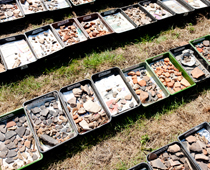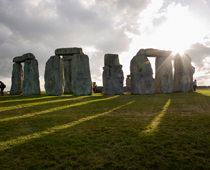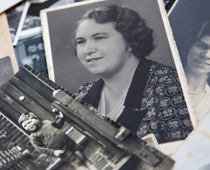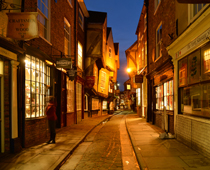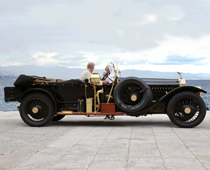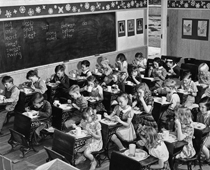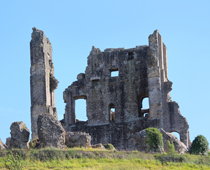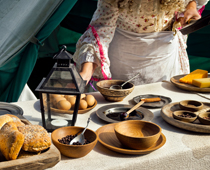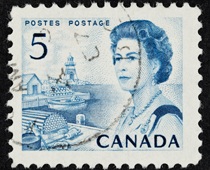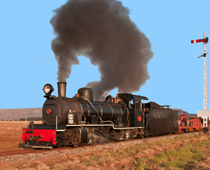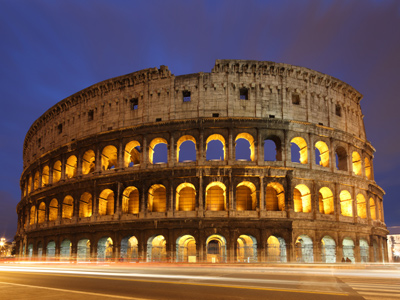
Evidence
This quiz addresses the requirements of the National Curriculum KS1 History for children aged 5, 6 and 7 in years 1 and 2. Specifically this quiz is aimed at the section dealing with looking at evidence from our own lives and the lives of others, and observing the environment around us, including photographs, objects, buildings, personal memorabilia and radio and television broadcasts
As KS1 children learn about what history is and what it means, they will also begin to understand the various sources from which historical information can be gleaned. This may include looking at photographs, reports, artefacts and other evidence. They are also encouraged to observe the environment around them for possible sources of evidence. Asking sensible questions about what this evidence represents is an important skill which young children sometimes find tricky to develop.
Ready for more?
not all...
quizzers. Try to win a coveted spot on our Hall of Fame Page.





